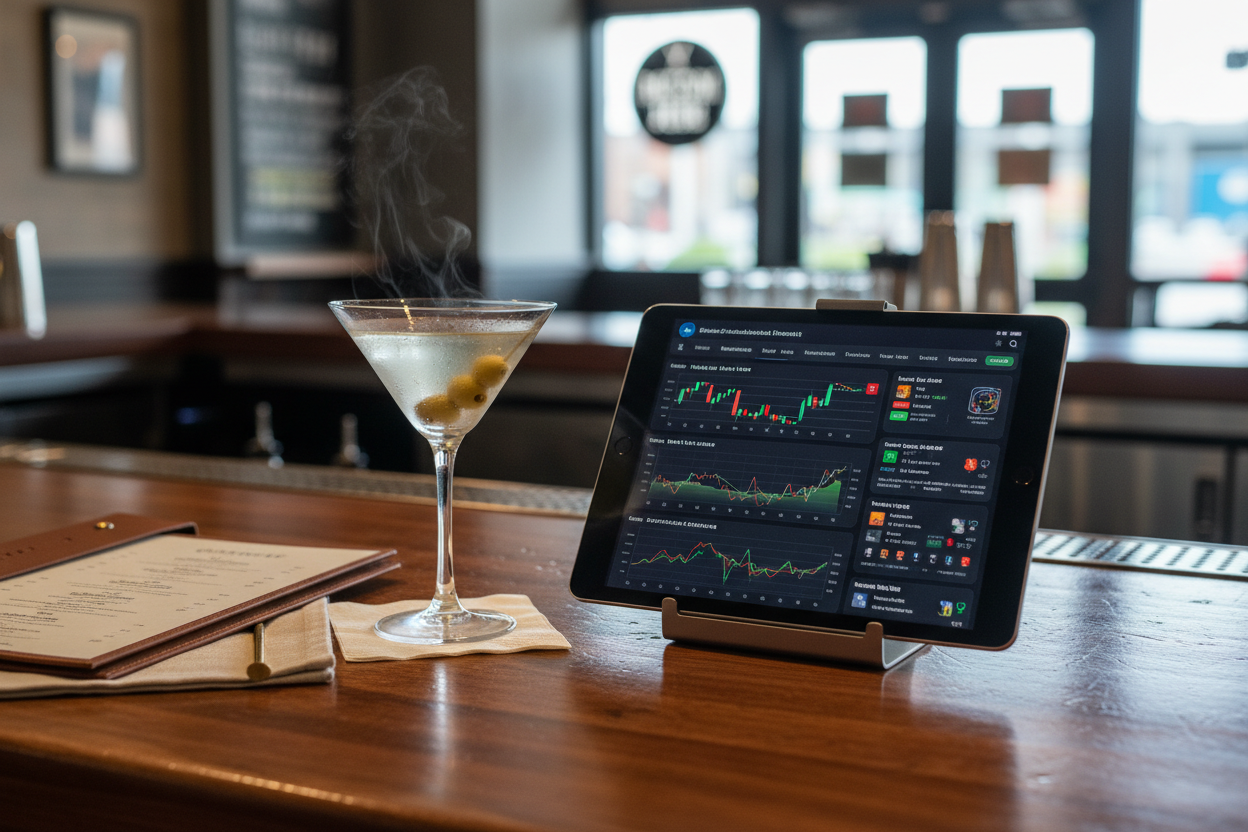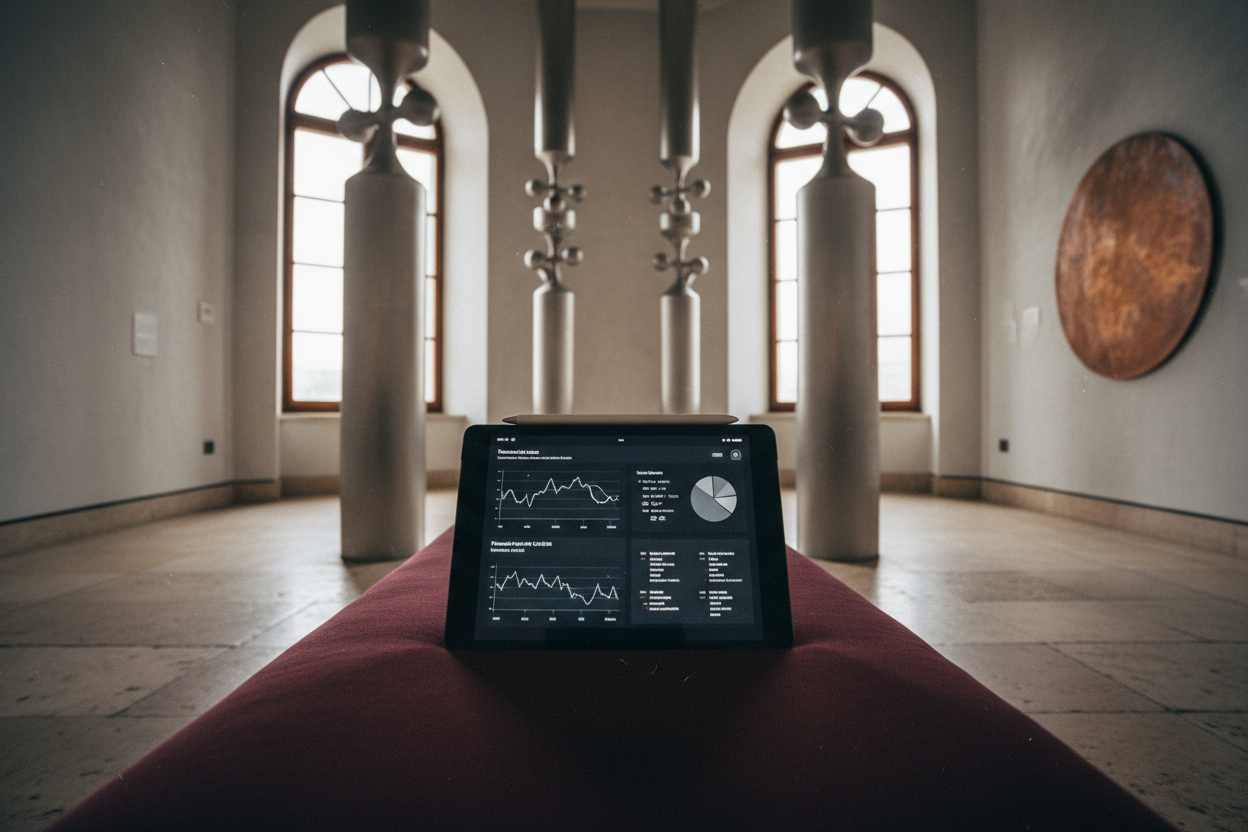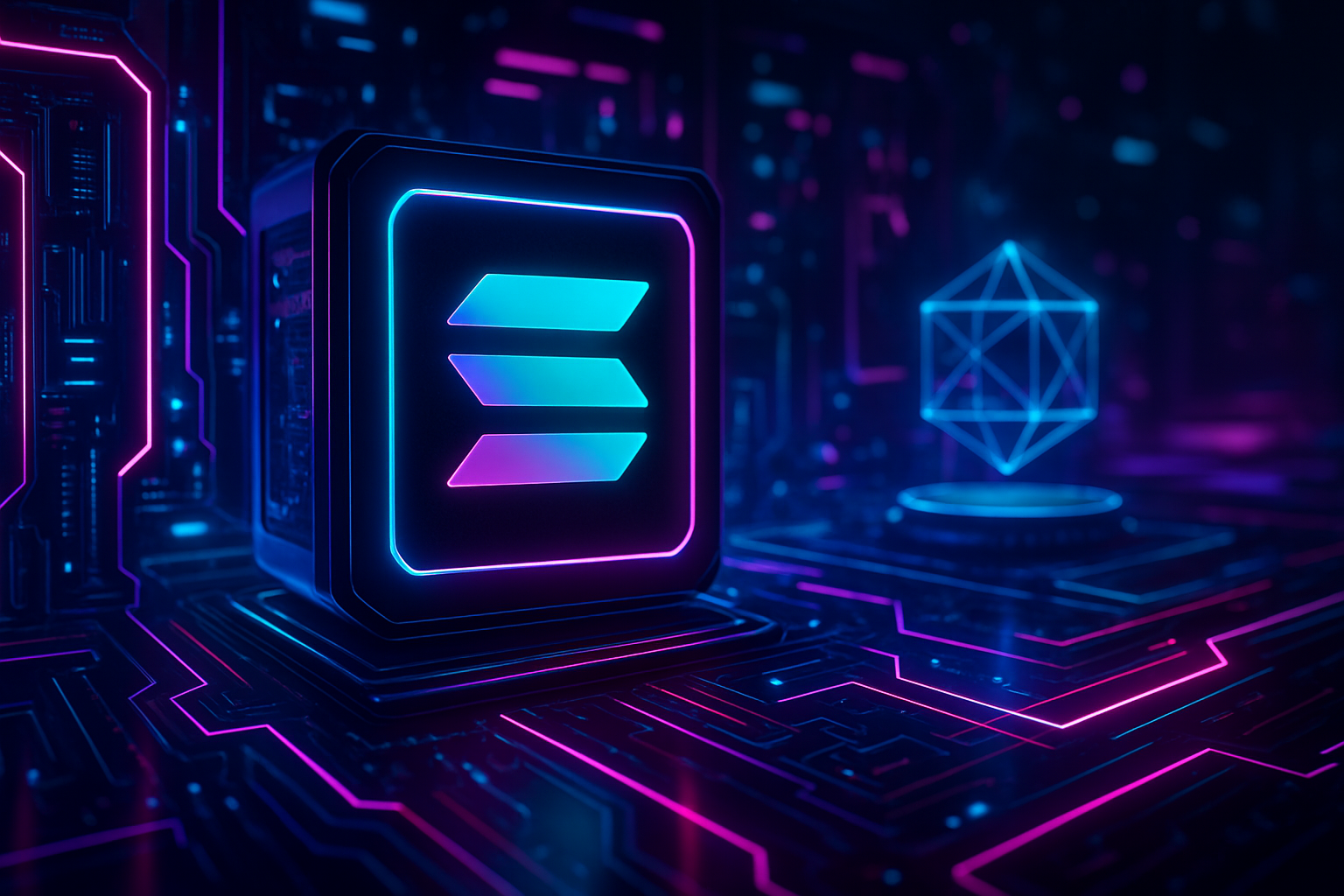
The race for scalable, real-time blockchain applications has entered a new era on Solana with the advent of Ephemeral Rollups. As of today, Solana sits at $232.39, reflecting its continued momentum as a preferred network for high-performance decentralized apps. But beneath the surface, a new technical paradigm is emerging that could redefine what’s possible in onchain gaming and DeFi: ultra-fast, temporary execution layers capable of sub-50ms latency.

What Are Ephemeral Rollups? A Solana-Native Leap in Scalability
Unlike traditional Layer 2 solutions that often require bridges or introduce token fragmentation, Ephemeral Rollups are short-lived execution environments spun up directly on Solana. Developed by MagicBlock, these rollups process transactions off-chain during their active window, then commit final state changes back to the mainnet. The result? Near-instant interactivity with latencies as low as 10, 50 milliseconds, all while maintaining seamless composability with existing smart contracts and liquidity pools.
This architecture is tailor-made for use cases where speed and responsiveness are non-negotiable: think real-time multiplayer games, high-frequency trading protocols, or even AI-powered dApps that demand Web2-level performance without sacrificing decentralization.
Key Features Driving Real-Time Performance
- Elastic Scalability: Developers can spin up multiple ephemeral rollup instances dynamically to handle surges in user demand, scaling horizontally without bottlenecking the base layer.
- No Bridges or New Tokens: By building directly on Solana’s core infrastructure, ephemeral rollups avoid liquidity fragmentation and reduce complexity for users and developers alike.
- Seamless Composability: Applications running within these rollups interact natively with Solana’s smart contracts and DeFi primitives, no need to port assets or code between chains.
- Dynamic Fraud-Proofs: To guarantee integrity, state transitions are subject to challenge periods where discrepancies can be contested before being finalized on-chain.
This blend of speed and security makes ephemeral rollups uniquely positioned to push blockchain gaming and DeFi into territory previously dominated by centralized platforms.
The Impact on Onchain Gaming: Real-Time Multiplayer at Scale
The promise of fully on-chain games has always been tempered by technical limitations, latency, throughput, and composability chief among them. With ephemeral rollups, projects like Supersize are already demonstrating what’s possible: true real-time multiplayer experiences where every move is validated on-chain without lag or fragmentation. Developers no longer have to choose between the security of decentralization and the instant feedback loops gamers expect from modern titles.
This isn’t just incremental improvement, it’s a seismic shift in how games can be architected. For a deeper dive into how these innovations are transforming both gaming and DeFi landscapes in real time, see this detailed exploration: How Ephemeral Rollups Are Transforming Real-Time Blockchain Gaming and DeFi.
Ephemeral rollups are also making waves in decentralized finance. Platforms such as Flash Trade leverage these temporary execution layers to facilitate high-frequency, gas-efficient trading. By processing trades off-chain with near-zero latency before finalizing on Solana’s mainnet, traders gain the speed and cost advantages typically associated with centralized exchanges, without leaving the security envelope of a decentralized network. This unlocks new possibilities for arbitrage, automated market making, and sophisticated trading strategies that were previously bottlenecked by block times and congestion.
Specialized Fee Markets: Tailoring Economics to Application Needs
One of the most exciting aspects of ephemeral rollups on Solana is their potential to enable specialized fee markets. Because each rollup operates as a discrete execution environment, developers can experiment with custom fee structures suited to their application’s unique demands. For instance, a high-intensity PvP game might subsidize transaction fees for players during tournaments, while a DeFi protocol could implement dynamic pricing based on network load or liquidity incentives. This flexibility not only optimizes user experience but also aligns economic incentives between users, validators, and developers.
Notable Solana Projects Using Ephemeral Rollups
-
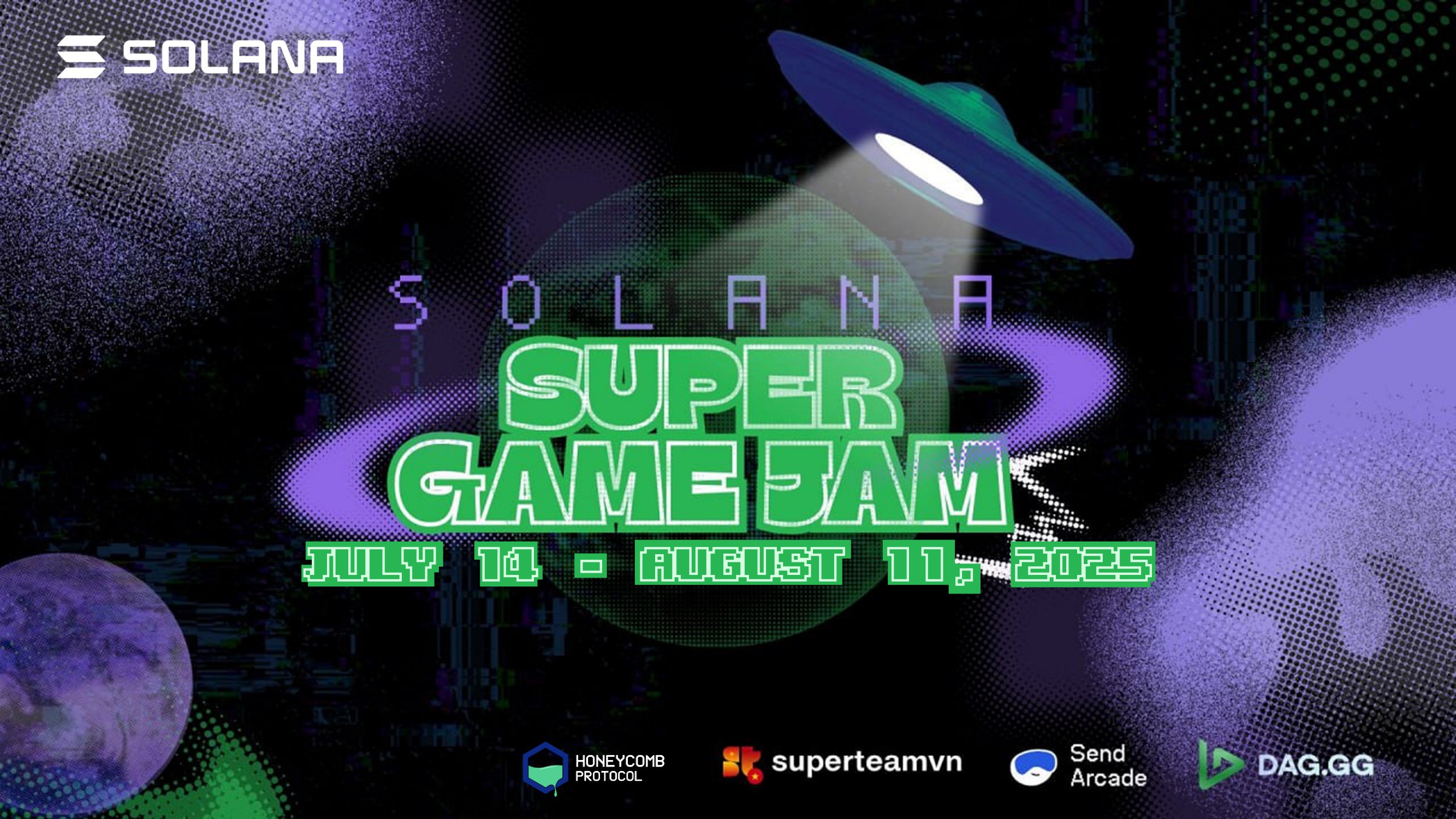
Supersize: This fully on-chain, real-time multiplayer game leverages MagicBlock’s Ephemeral Rollups to deliver ultra-fast gameplay and seamless user experiences. Supersize demonstrates how ephemeral execution environments can enable high scalability and real-time interactivity for blockchain gaming on Solana.
-
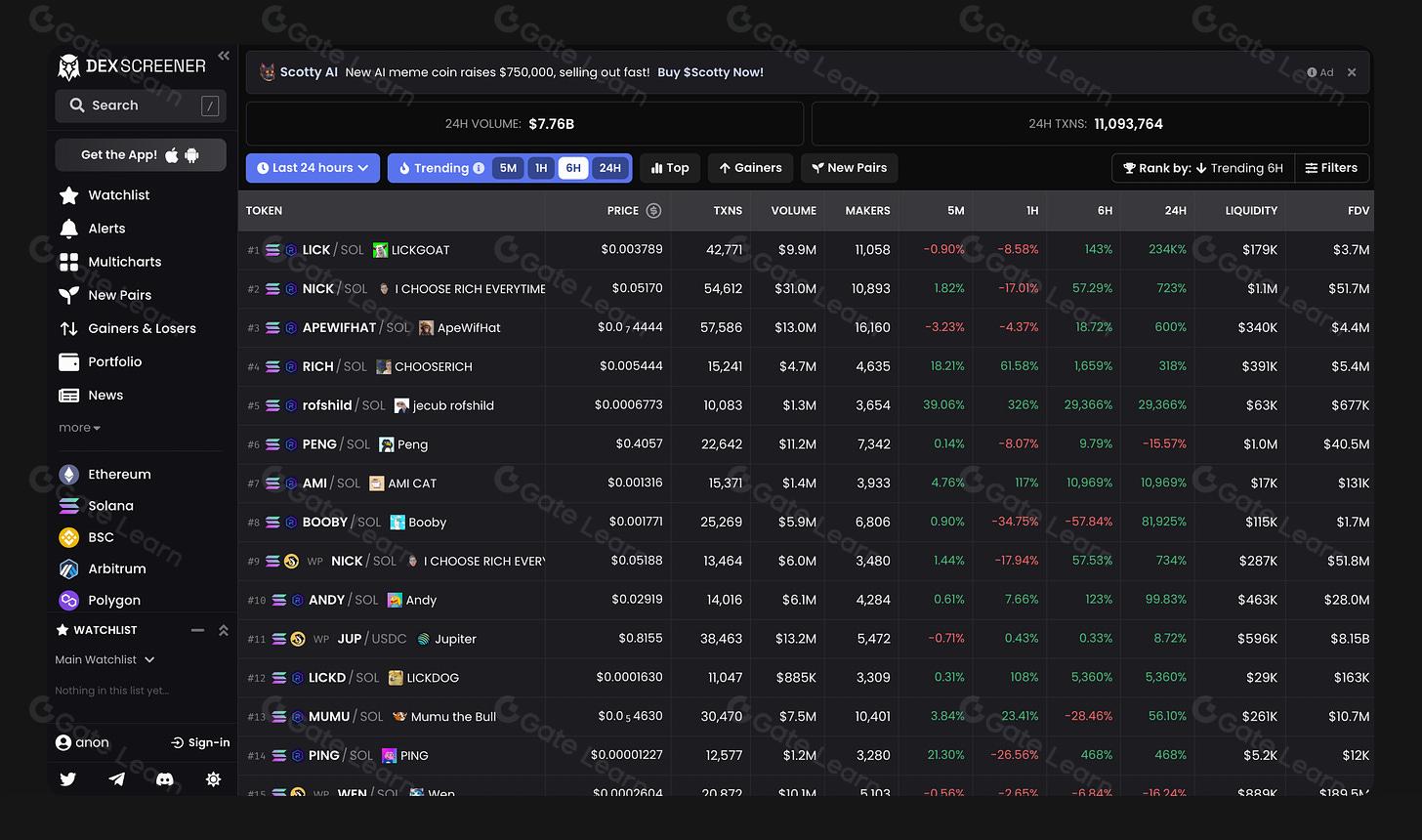
Flash Trade: A decentralized finance (DeFi) platform utilizing Ephemeral Rollups to facilitate high-frequency, gas-efficient trading. Flash Trade showcases how real-time execution and low-latency settlement can be achieved on Solana’s mainnet without sacrificing composability or security.
-
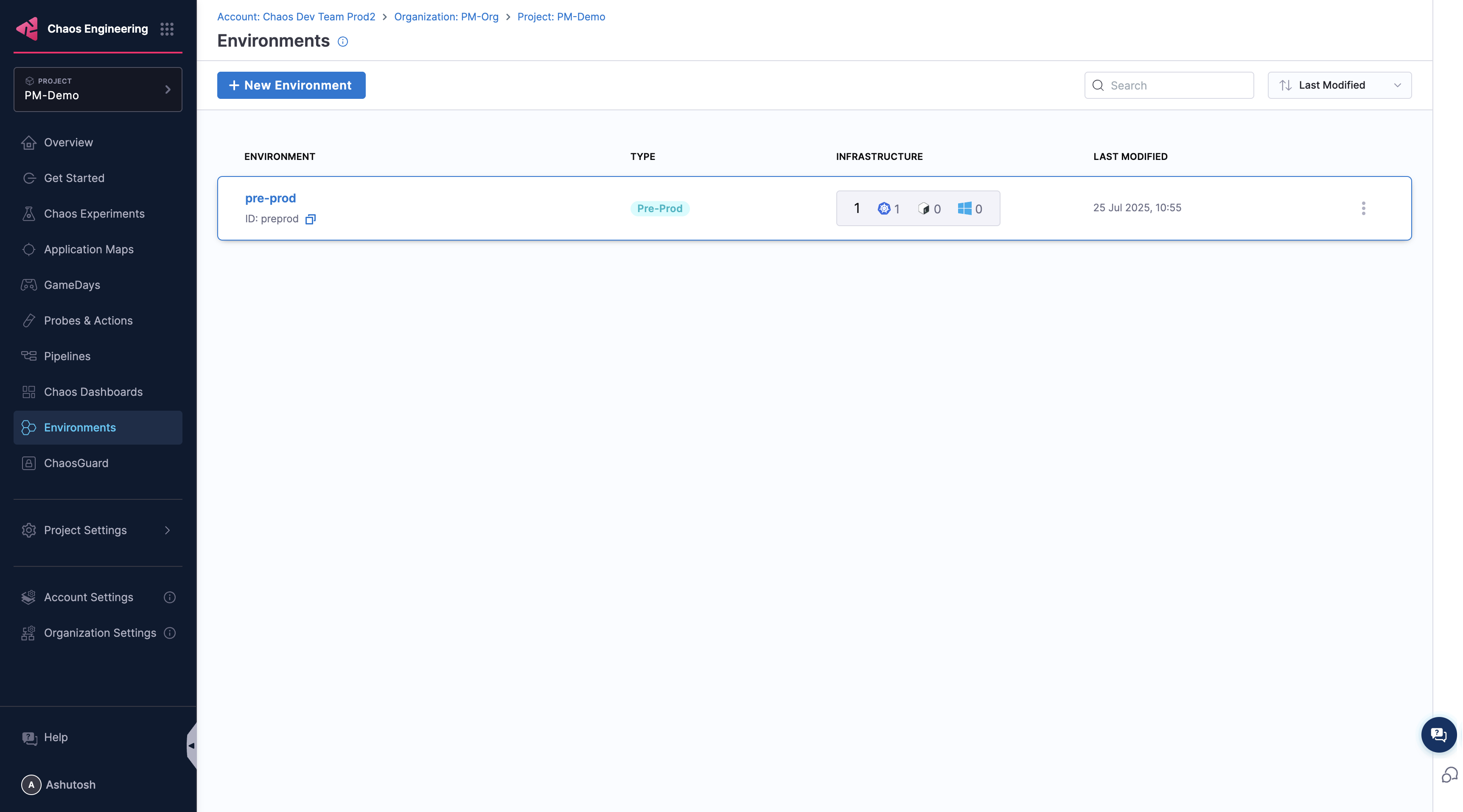
MagicBlock Ephemeral Validator: While not a dApp itself, MagicBlock’s open-sourced Ephemeral Validator is a foundational tool enabling developers to deploy and experiment with ephemeral rollups for both gaming and DeFi applications. It underpins the next generation of real-time, scalable on-chain experiences.
Security remains paramount, even as speed takes center stage. Ephemeral rollups employ robust fraud-proof systems that allow any party to challenge invalid state transitions during dedicated windows. This ensures that even in fast-moving environments, the integrity of user funds and application logic is never compromised. As more developers adopt these tools, we’re likely to see further innovation in permissionless validation and community-driven dispute resolution mechanisms.
Community Momentum and Open Innovation
The open-sourcing of MagicBlock’s Ephemeral Validator marks a pivotal moment for the ecosystem. By lowering barriers to entry and inviting collaboration from across the globe, Solana’s developer community is poised to iterate rapidly on both technical standards and user experience best practices. Expect to see hackathons, composability experiments, and new genres of dApps emerge as builders explore what’s possible with real-time execution at scale.
It’s worth noting that all these advancements are happening against the backdrop of Solana maintaining its position at $232.39. This price stability underscores growing confidence in Solana’s infrastructure as it evolves beyond traditional smart contract paradigms into a platform for interactive, high-throughput applications.
What Comes Next?
The next 12 months will be formative for ephemeral rollups on Solana. As more projects go live, spanning gaming guilds, prediction markets, real-time auctions, and AI-powered social platforms, we’ll see whether this model can deliver on its promise at scale without sacrificing decentralization or composability.
If you’re building or investing in blockchain-based games or DeFi protocols, now is the time to pay close attention to ephemeral rollups. Their arrival signals not just an incremental step forward but an entirely new playbook for what’s possible in Web3 performance engineering.




